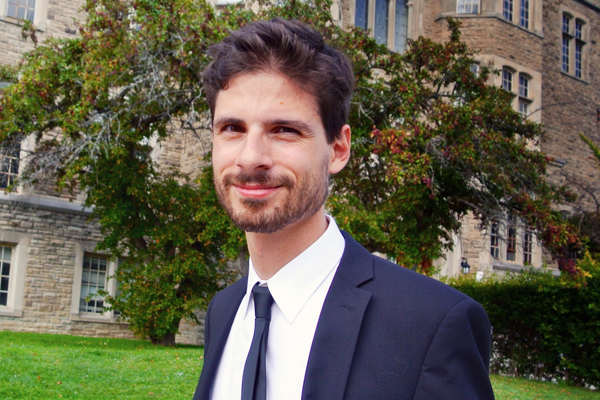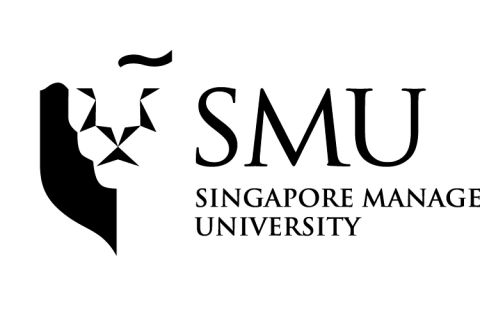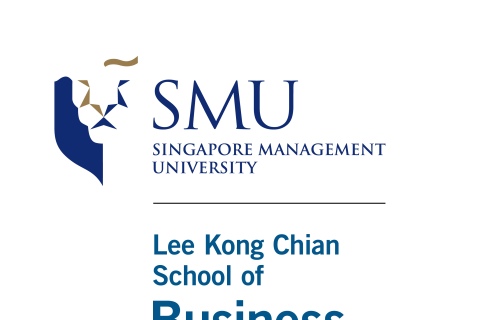
By Kavita Chandran
SMU Office of Research & Tech Transfer – A normal day for SMU Assistant Professor of Philosophy Joshua Luczak starts with him and his wife – Nanette Ryan, PhD candidate at Georgetown University – getting their twin toddlers ready and off to pre-school, heading to work to teach classes at SMU, and often staying up late to research on complicated topics like Thermodynamics and Statistical Mechanics.
While at the office, Professor Luczak appears to perform the role of a teacher and researcher effortlessly as he adjusts into a new country, new environment and new responsibilities.
The teacher
An intellectual with varied interests who has a doctorate in the Philosophy of Physics, Professor Luczak teaches a core curriculum on ‘Happiness and Suffering’ and a social science class on ‘Analytical Skills’ at SMU, the latter focusing on critical thinking and logic.
Philosophy and logic on the same platform. Is that not contradictory?
“No,” he asserts. “In fact, certain traditions of philosophy model themselves on the vigour of things like logic and mathematics and sciences,” he explains. “So, far from being incompatible, it’s rather the case that the two exist in a kind of symbiotic relationship. Logic informs philosophy, and philosophy informs logic.”
The classes that Professor Luczak teaches are part of the university’s push to ensure that students are introduced to a broad range of humanities and social sciences disciplines, he notes.
“They engage in topics to get students to be aware of their local communities, their place within a global context, their responsibilities towards others, their responsibilities towards the environment,” he articulates, bringing in a global perspective borne of his student life which took him across the globe.
The researcher
Professor Luczak is currently researching on two pieces: One focuses on foundational and conceptual problems that concern statistical mechanics and its relationship with thermodynamics, the most famous being Second Law of Thermodynamics. While it is most easily understood in matters of refrigeration and heat transfer – hot coffee cooling down, cold beer warming up – it is also relevant to human evolution and even the origin of the universe.
Professor Luczak’s other focus is less intimidating: the success of modelling practices within science.
“My research aims at accounting for the success of scientific techniques and practices that are at odds with facts about the world, our best scientific theories, and common sense,” explains Professor Luczak. “It also aims at building bridges between philosophy and science.”
An aspect of his research aims at identifying the functions performed by non-representational models, such as toy models, and how they are able to be used in ways without performing a representational function.
His research work on foundational and conceptual problems in statistical mechanics and thermodynamics focus, among other things, on the relationship between Gibbsian and Boltzmannian statistical mechanics and on resolving what is known as the “measure zero problem”.
Professor Luczak’s student life gave him access to insightful tools and in-depth knowledge as he studied across continents.
He started off with a double degree in arts and science at Monash University in Australia, and that soon turned into a passion for Philosophy.
“Having taken a philosophy course to satisfy some electives, I just very quickly fell in love with philosophy and switched my major,” he tells the Office of Research and Tech Transfer. “I began at that point in engaging with philosophical topics that also combine my love for things like math and physics.”
Back to Research@SMU Feb 2020 Issue
See More News
Want to see more of SMU Research?
Sign up for Research@SMU e-newslettter to know more about our research and research-related events!
If you would like to remove yourself from all our mailing list, please visit https://eservices.smu.edu.sg/internet/DNC/Default.aspx

